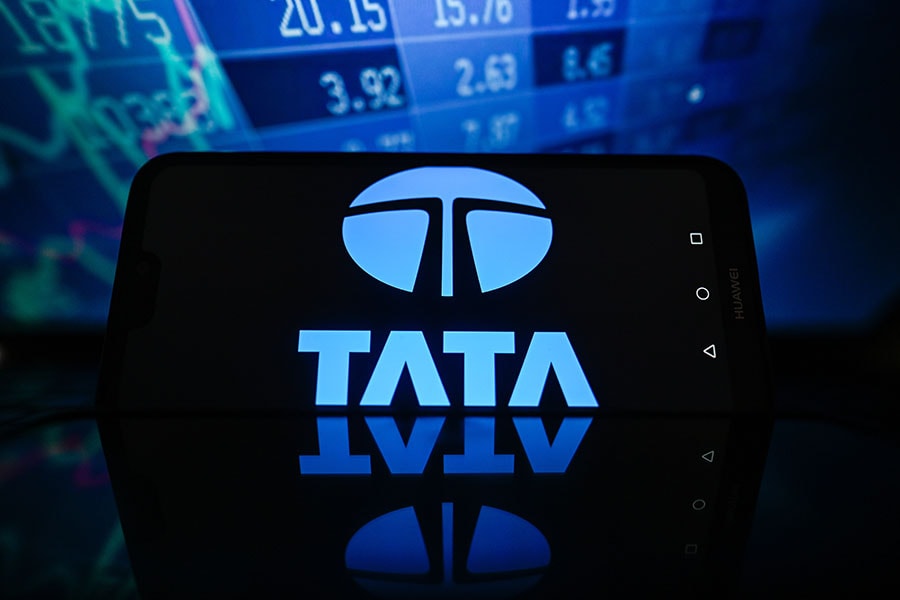
Investors make hay as Tata Tech stock shines on debut
Investors of Tata Technologies were exuberant, but snubbed shares of its promoter company Tata Motors on the same day
 Tata Technologies made its shareholders richer by Rs700 apiece as its shares debuted at Rs1,200 on the NSE, a whopping 140 percent premium over its issue price of Rs500.
Illustration: Omar Marques/SOPA Images/LightRocket via Getty Images
Tata Technologies made its shareholders richer by Rs700 apiece as its shares debuted at Rs1,200 on the NSE, a whopping 140 percent premium over its issue price of Rs500.
Illustration: Omar Marques/SOPA Images/LightRocket via Getty Images
As widely anticipated, shares of Tata Technologies did not disappoint shareholders on their stock market debut day. With the listing on Thursday, Tata Technologies made its shareholders richer by Rs700 apiece as its shares debuted at Rs1,200 on the NSE, a whopping 140 percent premium over its issue price of Rs500.
That’s not all. The stock jumped to Rs1,400 a share during the day before closing at Rs1,326.7. However, investors snubbed shares of its promoter company, Tata Motors, which ended at Rs707, 0.75 percent lower from their previous close on the NSE.




